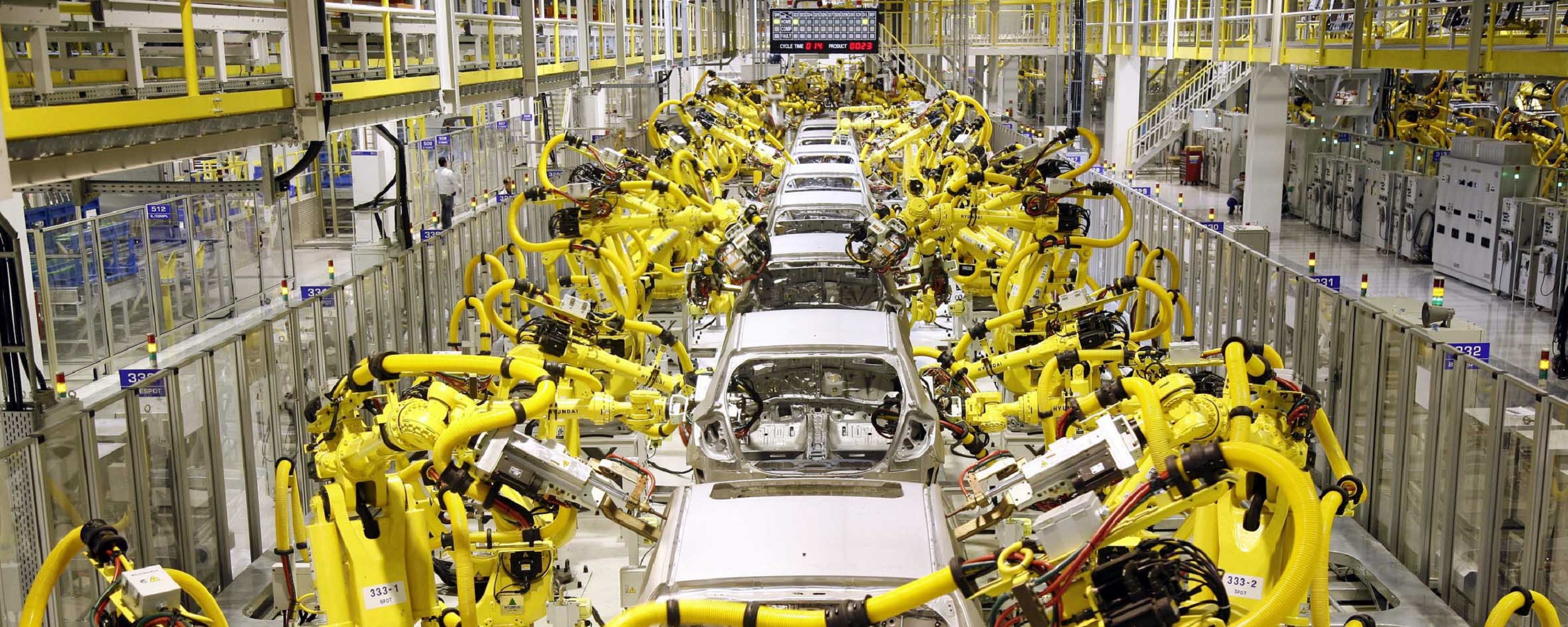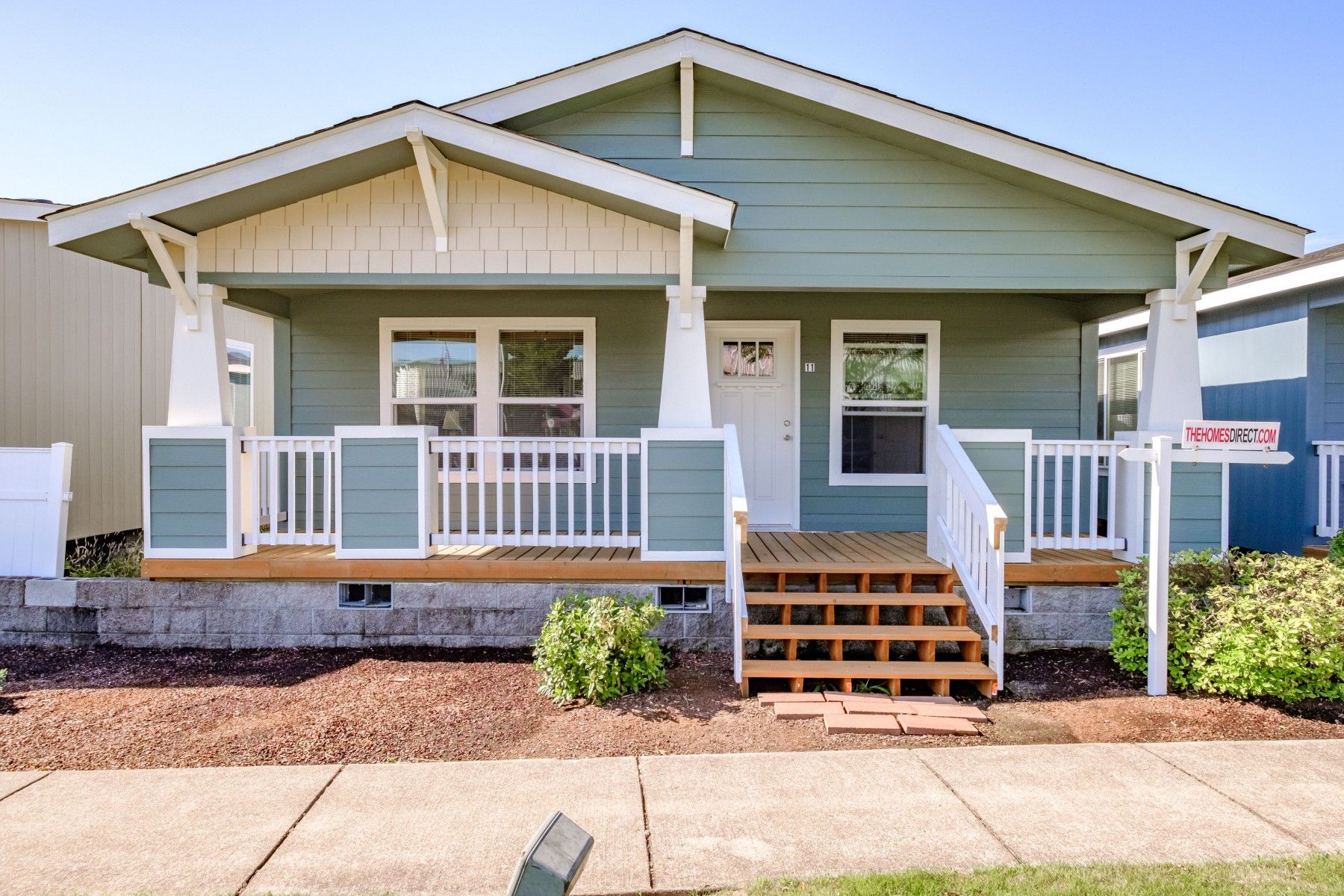With many offsite project builders having been increasingly influenced by automation and technology, it’s no surprise that individuals with backgrounds in fields like automotive and technology see the immense potential of revolutionizing the construction industry through modular construction. The concept is enticing: build houses in a more automated and computerized manner, potentially reducing costs and increasing efficiency.
However, the journey from the initial idea to a thriving modular construction business is far from straightforward. It’s time to explore the difficulties faced by these ambitious entrepreneurs who embark on the modular construction journey and uncover the numerous challenges they encounter along the way.

The Alluring Promise of Automation and Capital Investment
Picture this: a group of visionaries with backgrounds in the automotive and technological sectors convinces a private equity investor to cut a substantial check to establish their modular construction factory. With automated processes, high capital expenditure, and a significant workforce, they expect the money to flow in steadily. But herein lies the first major misconception – modular construction is not akin to the automotive industry.
Automotive production relies on a steady pipeline of demand for vehicles, making it possible to maintain efficient operations. In contrast, modular construction is highly dependent on factors like building permits, economic conditions, and seasonal demand. When, for example, there’s a slump in the economy and no new houses are needed for several months, the financial strain becomes apparent. Operating like a construction company but expecting the steady returns of a technology company is a flawed long-term business model.
The Pitfalls of Uneven Demand
Uneven demand is just the tip of the iceberg when it comes to the hurdles modular builders face. The distance between the factory and the construction site presents another significant challenge. While constructing a building in a factory can be cost-effective due to mass production benefits, the costs associated with transporting the modules to the site can negate these advantages. In some cases, these transportation and logistics expenses can inflate the project’s overall cost compared to conventional construction.
Navigating the Regulatory Maze
Regulatory obstacles also plague modular construction enthusiasts. The construction industry is known for its conservative approach, and most established builders are heavily invested in traditional construction methods. They have little incentive to embrace modular construction, which disrupts the status quo. This resistance to change creates an uphill battle for modular builders who must navigate regulatory challenges and overcome industry skepticism.
An Open-Source Revolution?
Amid these challenges, some housing and industrial experts are championing an open-source approach to modular construction. The concept involves standardizing interfaces and connections, offering several advantages. Firstly, contractors would no longer need to take a risk by relying on a single supplier. Secondly, builders would have the freedom to explore a wider range of designs rather than being limited to a few variations of the same box-like structure. Finally, transporting a modular “kit of parts” instead of large pre-fabricated boxes would address the transportation issues currently plaguing the industry.
Modular construction holds immense promise for revolutionizing the housing industry. However, its path to success is laden with challenges, from uneven demand and transportation costs to regulatory hurdles and industry conservatism.
To truly unlock the potential of modular construction, innovation through open-source solutions may be the key. As the industry continues to evolve, it will be fascinating to see how these challenges are overcome and how modular construction transforms the way we build homes and structures in the future.
.



